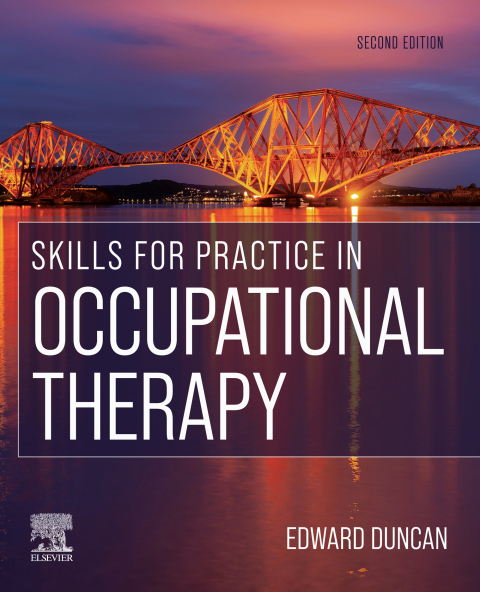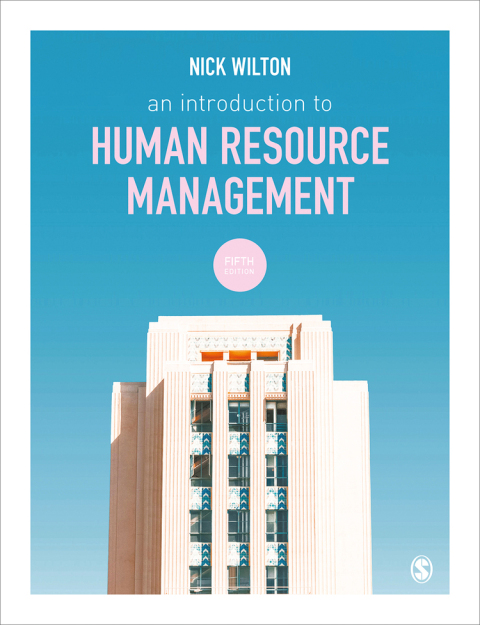Description
Efnisyfirlit
- Cover
- Title page
- Contents
- Copyright
- Dedication
- List of Contributors
- Preface
- Acknowledgements
- 1: Introduction
- Section 1: Thinking, Judgement and Decision Skills for Practice
- 2: Judgement and Decision-Making Skills for Practice
- Overview
- Definitions
- The Early Studies1
- The Value of Experience
- Cognitive Continuum Theory
- Dual-Process Theories of Thinking
- Heuristics and Biases
- Applying Judgement and Decision-Making Skills in Practice
- Summary
- Reflective Learning
- 3: Shared Decision-Making Skills in Practice
- Background
- Decision-Making Models
- Shared Decision-Making Interventions
- Measuring Shared Decision Making in Practice
- Summary
- 4: Doing Reflective Practice: Being a Reflective and Resilient Practitioner
- Overview
- Introduction
- Defining Reflection
- Why is Reflection Important?
- Multiple Voices Reflecting on Doing Practice
- An Overview of Reflective Practice
- The Influence of Schön
- Types of Reflection
- Models of Reflection
- Preparation
- Experience
- The Strands of Reflection Model
- Other Methods for Promoting Reflection
- Telling Stories
- Exploring Critical Incidents
- Signs of Reflections
- Outcomes of Reflection
- Summary
- Section 2: Professional Skills for Practice
- 5: Assessment Skills for Practice
- Overview
- What is Assessment and why Assess?
- How to Select an Assessment?
- Standardised and Nonstandardised Assessments
- Summary
- 6: Activity Analysis
- Overview
- Overview of Activity Analysis
- Towards a Definition of Theory-Driven Activity Analysis
- The Process of Theory-Driven Activity Analysis
- Summary
- 7: Goal Setting in Occupational Therapy: A Client-Centred Perspective
- Introduction
- Approaches to Goal-Setting Practice
- Support People With Communication Difficulties in the Goal Setting Process
- Implications for Occupational Therapy Practice
- Summary
- Reflective Learning
- 8: Therapeutic Use of Self: A Model of the Intentional Relationship
- Introduction
- Historical Overview
- Rationale for a Model of Use of Self
- The Intentional Relationship Model
- Case Example
- Summary
- Reflective Learning
- 9: Problem Solving
- Introduction
- Problem Solving as a Theoretical Approach in Practice
- Using Problem Solving as a Therapeutic Intervention
- The Problem-Solving Process
- Generate Possible Solutions to Meet Goals
- Summary
- Reflective Learning
- 10: Group Skills for Practice in Occupational Therapy
- Overview
- Historical Context
- Leadership Functions and Skills
- Summary
- Reflective Learning
- Acknowledgment
- 11: Record and Report Writing
- Introduction
- What are Records?
- Purpose of Records
- Content and Quality of Records
- Format of Case Records
- Recording and Reporting the Occupational Therapy Process
- Ensuring Standards of Recordkeeping
- Legal Issues in Documenting and Report Writing
- Summary
- Reflective Learning
- Section 3: Evidence-Based and Research Skills for Practice
- 12: Finding and Appraising the Evidence
- Overview
- A Brief Historical Context on the Use of Evidence in Occupational Therapy
- The Stages of Evidence-Informed Occupational Therapy
- Summary
- Reflective Learning
- 13: Implementation Science
- Overview
- It’s Trickier Than we Initially Thought
- What is Implementation Science?
- Implementation Science and Occupational Therapy
- Summary
- Reflective Learning
- Section 4: Leadership, Supervision and Management Skills for Practice
- 14: Improvement Science in Practice
- What is Improvement Science?
- Defining Quality
- Improvement Versus Research
- Quality Improvement and Improvement Science
- Origins of Improvement Science
- The System of Profound Knowledge
- Kotter Eight-Step Change Model
- Human Factors and Ergonomics for Improvement
- Improvement Science and the Connection With Occupational Therapy
- Improvement Journey
- Cost Effectiveness/Value Management
- Project Management
- Coaching for Improvement
- Summary
- Reflective Learning
- 15: Developing Research Skills in Practice
- Introduction
- Why Conduct Research?
- What to Research?
- How to Research?
- Summary
- Reflective Learning
- 16: Presentation and Publication Skills
- Introduction
- Writing an Abstract
- Creating Written Presentations
- Oral Presentations
- Writing for Presentation
- Summary
- Reflective Learning
- 17: Self-Care and Self-Management
- Overview
- The Challenges of Working Lives Today
- Self-Care
- Self-Management
- Challenges to Well-Being in the Workplace
- Developing Resilience
- Summary
- Reflective Learning
- 18: Leadership Skills
- Overview
- Evolutionary and Historical Context
- Why Leadership?
- Strategies and Resources for Leadership Development
- Summary
- Reflective Learning
- 19: Practice Education—Skills for Students and Educators
- Introduction
- What is Practice Education?
- Standards That Guide Practice Education
- Types of Placements
- What is Supervision?
- Assessment
- Setting up Practice Education Placements for Success
- Preparation
- Setting Expectations
- Summary
- Reflective Learning
- 20: Clinical Supervision Skills
- Introduction
- Supervision Models
- Best Practices in Clinical Supervision
- Situations That May Arise in Supervision
- Summary
- Reflective Learning
- 21: Professional Use of Social Media
- Introduction
- The Benefits of Social Media
- Professional and Ethical Considerations for Engaging in Social Media
- Key Concepts and Rules for Engaging in Social Media
- Summary
- Reflective Learning
- Index






Reviews
There are no reviews yet.